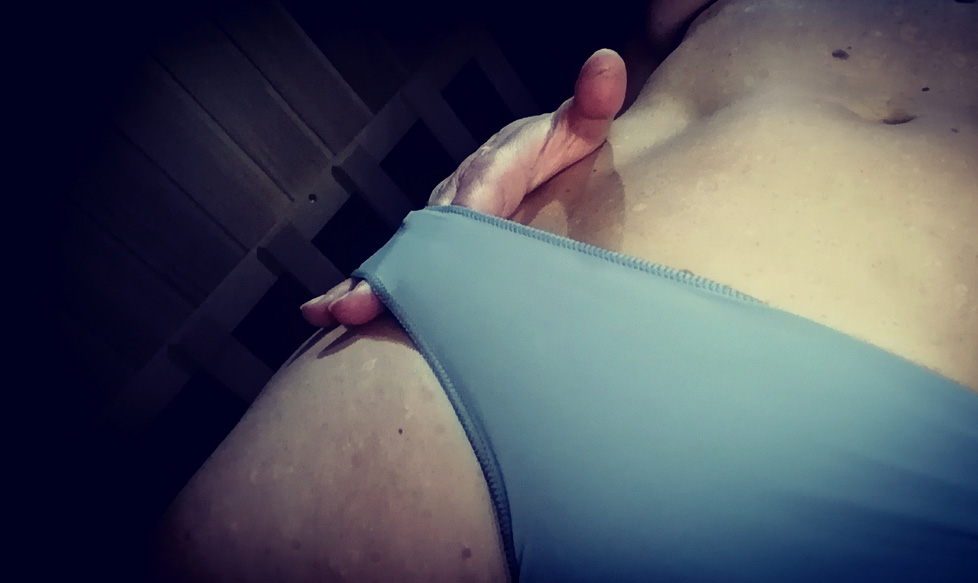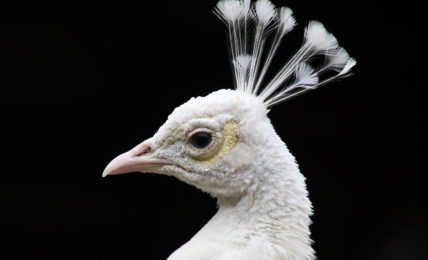Fare indumenti dai rifiuti: il nuovo progetto Res in Molise e il nuovo rapporto annuale sul riciclo
I tessuti innovativi che nascono dalla plastica riciclata: il progetto Res di Isernia e il nuovo rapporto annuale sul riciclo per capire come vestirci aiutando l'ambiente.





